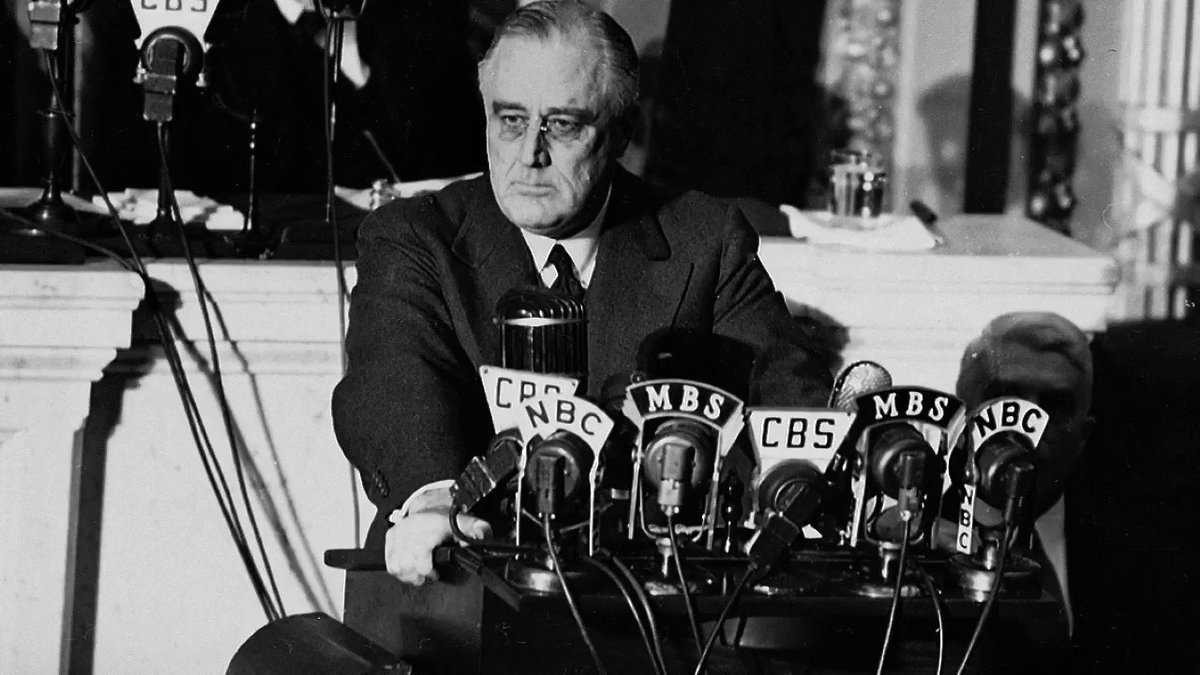harpers.org/archive/1931/1…
hup.harvard.edu/catalog.php?is…
“The `laissez-faire’ cliche has done much to distort the traditional analysis of our early democratic thought.” /12
hup.harvard.edu/catalog.php?is…
hup.harvard.edu/catalog.php?is…
amazon.com/Great-Challeng…
nytimes.com/1989/07/30/boo…
hup.harvard.edu/catalog.php?is…
yalebooks.yale.edu/book/978030023…





